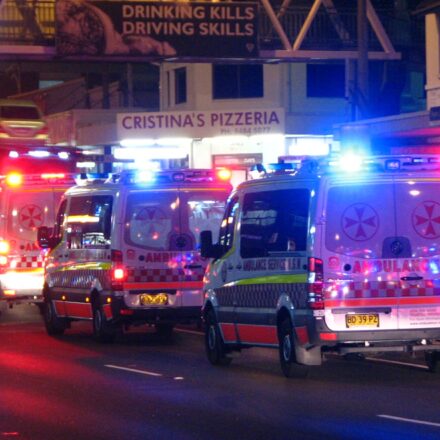The legal consequences of the prank call made in December 2012 in which Australian radio announcers called a hospital in London pretending to be Queen Elizabeth II and Prince Charles asking after the health of the Duchess of Cambridge are still to be determined. On 15 August 2014 the High Court of Australia decided that it would grant special leave to appeal in respect of a challenge made by the broadcaster to a decision of the broadcasting regulator which found that the broadcaster had breached a condition of its licence.
Shortly after the call went to air, the Australian Communications and Media Authority (ACMA) commenced an investigation into whether Today FM (Sydney) Pty Ltd, who held the relevant broadcasting licence, had contravened a condition of its broadcasting licence. The relevant licence condition was a standard condition as follows: “the licensee will not use the broadcasting service or services in the commission of an offence against another Act or a law of a State or Territory”. ACMA invited the licensee to respond to the proposition that certain provisions of the NSW Surveillance Devices Act and the federal Telecommunications (Interception and Access) Act appeared to have been contravened. The licensee did so and asserted that the ACMA had no jurisdiction to investigate or determine whether any criminal offence had been committed under either State or Commonwealth legislation unless that jurisdiction was expressly conferred (which, they said, was not). Undeterred and some months later, the ACMA provided a copy of their preliminary investigation report to the licensee. It stated that:
“[t]he ACMA, as an administrative body, has the power to form an opinion as to whether a licensee has committed a Commonwealth, State or Territory criminal offence, for the purposes of deciding whether a licensee has breached the [relevant] licence condition … . The ACMA is not limited to forming such an opinion after an adjudication of criminal guilt by a criminal court”
The preliminary investigation report also stated that:
“[t]he ACMA is of the view that the licensee, in broadcasting the recording of the private conversation (which was made in contravention of subsection 7(1) of the Surveillance Devices Act), has contravened subsection 11(1) of the Surveillance Devices Act”
Subsection 7(1) of the Surveillance Devices Act provided that:
“A person must not knowingly … use … a listening device to record a private conversation to which the person is a party”
Subsection 11(1) provided that:
“A person must not … communicate to any person a private conversation or … a report of a private conversation … that has come to the person’s knowledge as a direct or indirect result of the use of a listening device … in contravention of a provision of this Part”
The licensee then commenced judicial review proceedings. At first instance, the licensee’s challenge failed. But the Full Federal Court disagreed with the judge at first instance, upheld the licensee’s challenge and decided that the regulator’s determination be set aside.
On Friday 15 August 2014, the High Court of Australia granted special leave to appeal the decision of the Full Federal Court. The High Court’s decision is unlikely to canvass whether or not the prank call was made in contravention of the NSW Surveillance Devices Act. Rather, the focus will be on the power of the federal parliament to grant powers to a regulator conditional on that regulator forming an opinion that an offence has occurred. A hearing date is yet to be set.
In the broadcasting sphere the outcome of this case will be relevant to the ACMA’s powers to find whether a licensee has breached a condition that it must not broadcast a tobacco advertisement in contravention of the Tobacco Advertising Prohibition Act or an interactive gambling service advertisement in contravention of the Interactive Gambling Act. Certainly in the past the ACMA has determined that broadcasters have contravened conditions of this kind – see for example the pokerstars.net determinations in 2010 against Nine and Ten.







